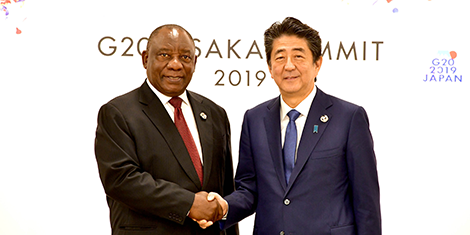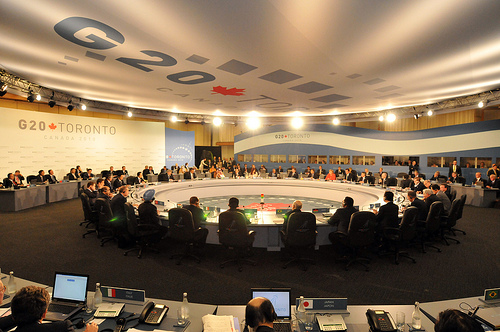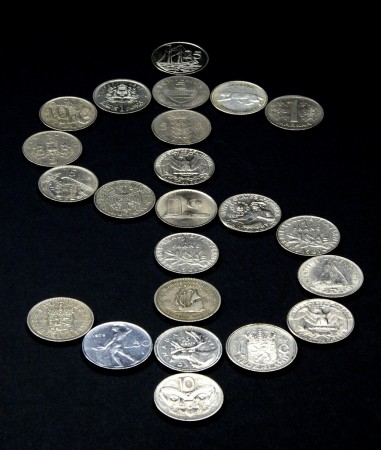
This article was originally published by YaleGlobal Online on 30 August 2016.
G20 agenda hints at China’s vision for global order with focus on long-term rather than immediate concerns
With the approach of the Group of 20 summit in Hangzhou, there is expectation that China might clarify its position on the contested South China Sea. Contrary to expectations, those Asian neighbors and Western leaders who want to seize the occasion to press China on immediate issues will be disappointed. There will be little space to question publicly China’s drive into the South China and East China Seas, to seek confirmed implementation by China of UN sanctions targeting North Korea, to ask for more direct involvement by China in resolving the most urgent issue of our time – the Middle East in tatters and resulting refugee flows – or even to challenge China’s record-breaking attack on human rights and legal activists at home.
Instead, the summit offers China’s leader Xi Jinping a unique occasion to shine and for China to extoll its complementary – or alternative – vision of the global order.
As host country, China has engineered impeccable rhetoric and goals that are hard to disagree with, if somewhat distant and abstract, for the G20 leaders to focus on. US President Barack Obama is now a lame-duck president with much uncertainty over what follows him. European leaders are weakened by the continent’s inward turn, so powerfully shown by the Brexit. Western leaders are on the defensive much more than their Chinese counterparts. There may be isolated supporters in favor of focusing on issues of the day – Australia, Japan and even Korea spring to mind. Others like Brazil or Indonesia may not fully support China’s professed goals for the G20. Few will take the risk of disowning them. Too much of their economy is now tied to China’s fortune.




